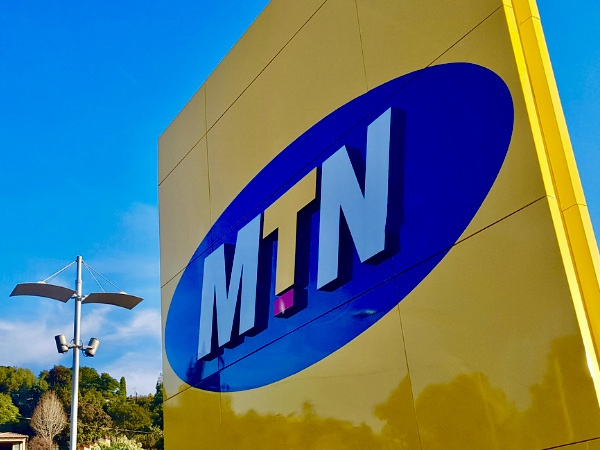Zambia’s capital markets, have over the decades seen stunted growth, market capitalization erosion and waned appetite as a result of deterioration in macroeconomic fundamentals. The currency rout, manifesting in a 43% slide (YTD) making the Kwacha the biggest loser of all African currencies in COVID era, has impacted the capital markets significantly both in foreign and local currency terms. The local bourse is down 7.67% in local currency terms and 40.6% weaker in dollar terms as measured by its all share index (ALSI).
On November 16, Zambia’s state pension fund the National Pension Scheme Authority (NAPSA) and leading mobile network operator MTN Zambia signed a share placement agreement where the fund will take up 8% of the operators total stake. The press release however does not state the value of this stake which pensioners and the public would be keen on knowing given that pensioners funds have been invested. This is said to then further the telecoms opportunities of the MNO which aligns with the countries growth agenda that then fits well with the ongoing ‘mast expansion’ program which is key in the financial inclusion agenda. This is an initiative which MTN has successfully integrated with key commercial banks to make financial services accessible in the remotest part of the Southern African nation.
The MTN license, was initially granted on the premise that Zambians would eventually own stake in the network operator at some point. To date this has not actualized yet the private placement agreement with NAPSA does to some extent meet in part that criteria through investing pensioners funds in the telco. Nonetheless, this does not fully promote capital market deepening through ‘tradability of stock and liquidity’ hence the need for the ‘public listing’ route to still be explored.
This landmark private placement is said to make the MNO (MTN) the largest by asset size in Zambia. However the key concern for the Zambian business landscape, has been the delay in MTNs listing which ideally has deprived citizenry of an opportunity to own stake in the celebrated MNOs fast growth pace.
A little trip down memory lane, the International Finance Corporation (IFC) had invested in Celtel BV Internationals subsidiaries across Africa, Zambia inclusive amounts of between $10 – $20million during the telecoms boom whose agreement was to exit through public listing to accord citizens of respective nations an opportunity to own shares as a wealth creation avenue. The IFC’s exit was actualized in 2008 when Celtel Zambia made its debut listing on then, the Lusaka Stock Exchange. This was the LuSE’s 19th listing. This period was characterized by other IPOs that drew momentum from the performance of the telco listing which excited both retail and institutional investors through remarkable capital gains within the first few days of trading.
Other players that listed post this boom included the likes of ZANACO Plc. However with the advent of the global financial crisis that resulted in liquidity crunches and general waned appetite for riskier assets, this trajectory stalled and since then, Zambian capital markets have been one of the most illiquid in Africa with minimal to zero price discovery save a few rights issues, small IPOs and muted corporate bond listings.
The private placement share agreement between MTN and NAPSA is a positive step in the right direction but only if there does exist a vivid exit clause for the fund through the Zambian bourse as was structured with the IFC for a similar share agreement with Celtel decades ago. Structuring agreements in the prescribed fashion signals hope for the stale capital markets by increasing trading activity and improving liquidity that in turn will spur market capitalization.
The share agreement was facilitated by Stanbic Bank Zambia who were sole transaction advisors while Corpus Legal Practitioners and Dentons Eric Silwamba, Jalasi and Linyama served as legal advisors. Despite constrained growth weighed by disease pandemic and balance sheet fragilities, Zambia remains a key opportunity hotspot in Africa whose capital markets should be gearing up for a turnaround in these uncertain times. The AFMIndex 2020 report revealed key capital market opportunities, greenfield in nature, that Africa has already started to experience in Kenya, Egypt and South Africa through green bond issuances for which the Securities and Exchange Commission (SEC) has finalized frameworks on. In these difficult times, innovative product offerings and technology as an enabler (to assist in tapping liquidity from retail sectors), will be key game changers for the capital market development.
The Kwacha Arbitrageur

